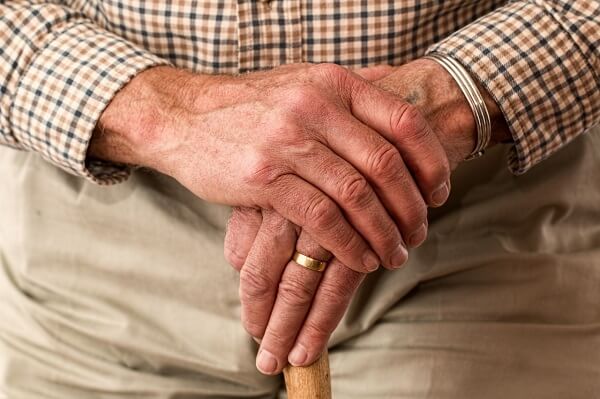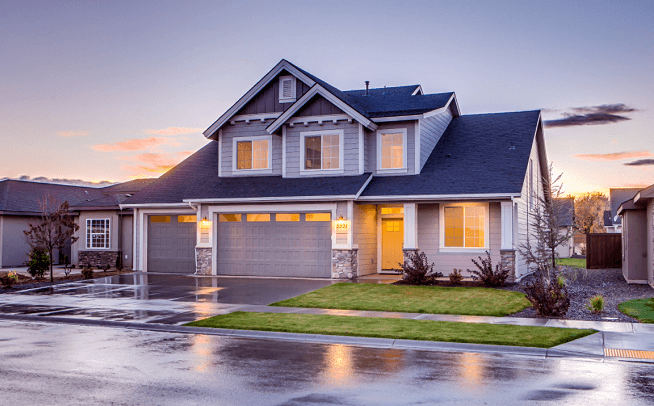
Winter and the holidays should be times of joyous celebrating with family and friends. Unfortunately, studies have shown a direct link between cold weather and falls in the elderly. Therefore, winter fall prevention in the elderly is a concern. Each year, 2.8 million elderly adults are treated for fall-related injuries. Over 800,000 require hospitalization, most of them with head injuries or hip fracture. The chances of suffering a fall in colder weather increases after age 65, and significantly so after age 75.
With the arrival of cold winter weather, elderly adults should be aware of the increased risk for falls. Ice and snow presents a serious danger for anyone venturing outdoors in winter, but it is especially unsafe for elderly adults, and for the following reasons:
- As we advance in age, the sensation in our feet can decline, especially if we suffer from diabetes, poor circulation, arthritis, or lingering complications from a stroke. When this sensation decreases, it will affect our balance. Slippery surfaces are no place to lose your balance.
- Many elderly adults are on multiple medications, which can cause side effects such as dizziness or even dementia. These conditions pose a significant risk for falling.
- Many elderly adults walk with an unsteady gait, even when weather is not a factor. In addition, for seniors without adequate exercise habits, muscles can weaken, and leave them more susceptible to falls.
Here are some suggestions for preventing falls in the elderly during winter:
- Plan ahead. When possible, plan trips around the weather. If you do not need to go out, don’t go out. Wait for the weather and travel conditions to become clear.
- Allow enough time to get where you are going. The chances of falling increase when you rush and use less caution.
- Exercise caution when getting into and out of vehicles. Always hold securely to a door or another person.
- Take the path of least resistance. Look for the safest route to your location, including the paths into buildings. Choose alternate routes when necessary.
- Ask for help. Ask someone to help you navigate slippery or unsafe paths.
- Concentrate on the path ahead. Take your time and walk slowly and deliberately. Try to place each foot flat on the ground with each step.
- Wear appropriate footwear. Wear shoes or boots with rough-textured soles that provide good grip in all kinds of weather conditions.
- Avoid carrying items. Wear gloves if necessary to keep hands free for stabilization and balance.
- Use handrails when they are provided. Holding securely to a handhold can prevent a fall if you should slip.
- Clean your shoes after going inside. Snow and ice can freeze onto the soles of shoes and become treacherous, even indoors.
We cannot change the weather, but we can take measures to prepare and be safe. Fall prevention in the elderly is an ongoing discipline, but warrants special care during the winter months. Share these tips with your friends and elderly loved ones. The information you share could prevent a serious accident with even more serious consequences.


Comments